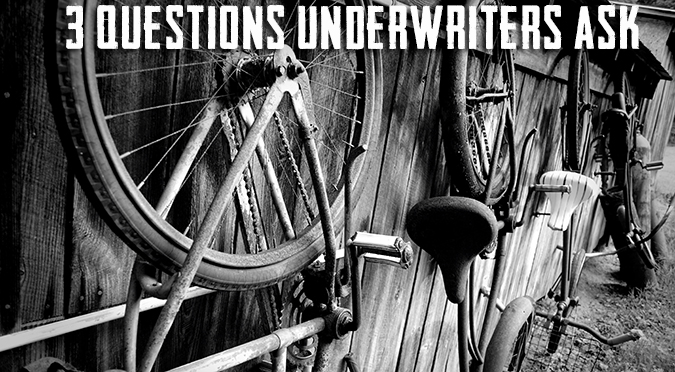When it’s difficult to make all your payments on time, or interest rates on your current lines of credit are draining your checking account, consider debt consolidation. This smart financial move may help you get back on track with your monetary responsibilities, may boost your credit score and ease the mental stress of paying multiple bills every monthly.
What is Debt Consolidation?
Put simply, debt consolidation is when you get a loan to pay off various high-interest debts. You become responsible for one payment to the loaning institution, generally at a lower interest rate than your previous commitments.
In addition to making your finances more manageable, debt consolidation simplifies your monthly accounting. Instead of meeting multiple payment due dates to various lenders, you make one loan payment to one lender.
During the process of getting a debt consolidation loan, you will receive a detailed payment schedule that explains when your loan payments will begin, how long they will last and when you will make your final payoff payment.
Debt consolidation is often a good choice for people with high credit card balances and interest rates, a backlog of payday loans, student loan debt, unexpected home or car repair bills, medical expenses or other unsecured loans.
Four Ways to Consolidate Your Debt
You have options when it comes to debt consolidation. At Elevations Credit Union, we can help you discover the best method of consolidating your current debt to make paying bills more streamlined and affordable. Here are four options we often discuss with our members.
Home Equity Line of Credit (HELOC): If you are a homeowner, you can use up to 80% of the paid-off value of your home, or equity, to your advantage. A revolving line of credit uses your home as collateral. You can then withdraw funds as needed — once or multiple times — over a 10-year period to pay down debt.
Home Equity Loan: This option is also geared for homeowners. A Home Equity Loan is similar to a HELOC in that it draws from the equity in your home. However, with a Home Equity Loan, you receive the loan funds in one lump sum payment. You can then use the money to pay off your debts.
Credit Card Balance Transfers: If you’re having trouble staying ahead of your credit card payments, consider transferring all of the balances to one new, lower-interest-rate card. This type of consolidation allows you to pay down your debt faster because less money is going to interest fees, card membership fees and late fees across several cards. Many financial institutions have balance transfer offers that feature low interest rates for an introductory period.
Personal Loan: This option is great for paying down other types of debt, such as an unexpected car repair bill, medical expenses or a loan you need to repay to a friend. A personal loan is set up with a fixed interest rate, fixed monthly payments and a payment schedule so you know exactly how much you will pay each month and when your loan will be paid back in full.
Are you ready to improve your financial situation? We’d love to assist you with your next steps. Check out options available and contact us with your questions about debt consolidation today.


